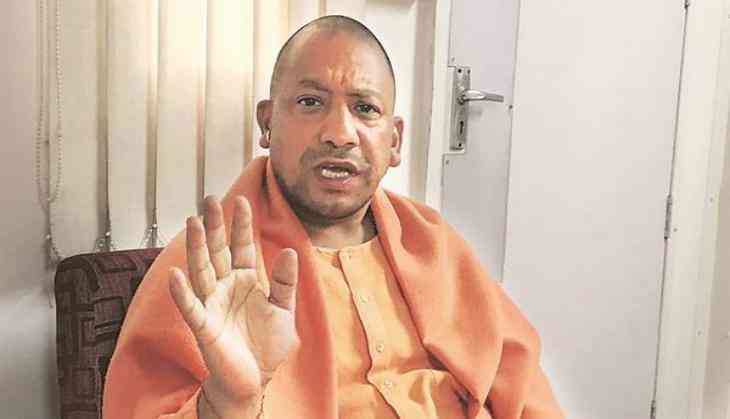UP govt won't let Yogi be prosecuted, HC debates if judges can proceed regardless

Can a state Home Department deny sanction to prosecute a chief minister in a case as serious as communal riots? Or, more importantly, should the courts proceed regardless?
That's the key question after the Allahabad High Court on Monday allowed a plea challenging the state Home Department's decision to refuse permission to prosecute Yogi Adityanath in a 2007 communal riots case.
Through an order dated 3 May 2017, the state government had refused to allow prosecution of Adityanath who, as the MP from Gorakhpur, was alleged to have made an inflammatory speech which triggered communal violence.
The petitioners, Parvez Pawaz and Asad Hayat, moved an amendment application, which the court allowed. While Pawaz filed an FIR in the case, Asad Hayat was a witness to the incident, for which Adityanath was jailed for a brief period.
Govt law officers contradict each other
When the hearing began, the point of argument was whether a magistrate applying his judicial mind can proceed in a trial for which prosecution sanction against the accused had been denied by the state government.
A division Bench of Justice Krishna Murari and Justice Akhilesh Chandra Sharma posed the question to the government counsel arguing the case on Friday, 28 July.
On Monday, the counsel for the petitioner, SFA Naqvi, argued that the events leading to the denial of the prosecution sanction and the CB-CID's closure report were inherent in the main issue of fair investigation pleaded in this writ petition, which was filed in 2008.
The court was taken by surprise when the Advocate-General and the Additional Advocate-General put forth contradictory arguments on the matter.
Additional Advocate-General Manish Goel opened his arguments with the premise that under the Criminal Procedure Code (CrPC), a magistrate has the power to apply his judicial mind in the event of refusal of sanction for prosecution.
Advocate-General Raghvendra Singh intervened during the course of the argument, and contended that a magistrate has no power to apply his judicial mind once sanction to prosecute an accused has been denied.
The conflicting stands left the judges surprised.
The arguments remained inconclusive on Monday. The next date of hearing has been fixed for 9 August.
The state was allowed two days' time to file a counter-affidavit against the amendment pleaded by the petitioners and for relief.
The case would now be decided on merits.
Case background
When the petition came up for hearing on 28 July, the state counsel had raised objections. He argued that the police had concluded the probe on 10 April 2015, and prepared a final report in favour of the accused, Adityanath. Further, he argued that the state Home Department had denied sanction to prosecute the accused.
The petition had, therefore, become infructuous, and ought to be dismissed, the counsel said.
At this point, the judges asked the government counsel: “If sanction for prosecution is refused by the state government, can a judicial magistrate proceed in the case applying his judicial mind on the objections filed before him?”
The writ petition requested the court to order an inquiry into the case of violence, allegedly at Adityanath's provocation, by an independent agency.
The FIR lodged at the Gorakhpur Cantonment police station accuses that Adityanath, then-MLA Radha Mohan Agarwal and former mayor Anju Chaudhri of instigating communal riots.
The petitioners doubted if the state-controlled CB-CID would conduct a fair investigation in the case.
First published: 31 July 2017, 21:58 IST
